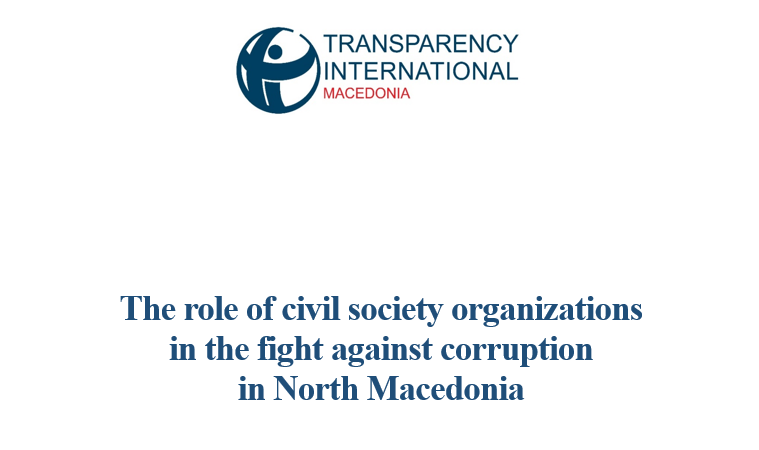Executive summary
Citizens in both 2023 and 2021 consider corruption to be the most serious societal issue. It is worth noting that 63.5% of respondents, up from 46.1% in 2021, consider corruption to be the most serious issue among the alternatives presented. According to the citizens, the existence of a moral crisis in our society, the inefficiency of the judicial system in the fight against corruption, the desire for quick personal enrichment of those in power, and the inadequate protection of those who report corruption are “to blame” for this situation. In this setting, civil society organisations become crucial players in the fight against corruption, frequently playing a significant role in promoting transparency, accountability, and integrity in society.
In the fight against corruption, effective collaboration among civil society organisations, government institutions, and funders is critical. The proposals in the document seek to inspire stakeholders to undertake effective anti-corruption measures by fostering tighter collaboration and exploiting each stakeholder’s capabilities. Civil society organisations lobby, raise awareness, and monitor; donors provide critical resources and assistance; and the government plays an important role in policy formation and implementation. Through cooperative efforts led by transparency and accountability, they may accomplish big reforms and develop a system that is more resistant to corruption.
Author: Natasha Dimova
* This document has been prepared within the project: “EU4 Rule of Law: Citizen Engagement for Public Integrity (CEPI) in the Western Balkans and Turkey” implemented by Transparency International – Macedonia and financed by the European Union and the Government of Switzerland. Its contents are the sole responsibility of Transparency International – Macedonia and do not necessarily reflect the views of the European Union and the Government of Switzerland.





